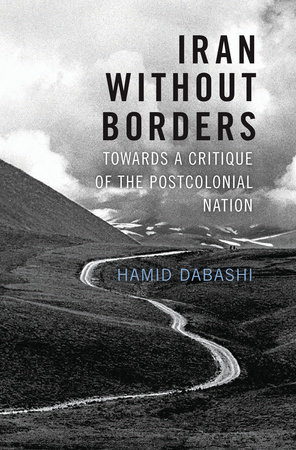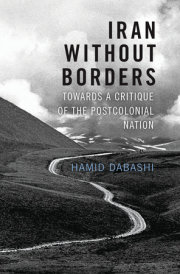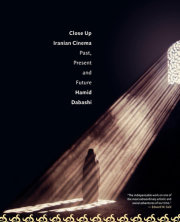“Reading Dabashi is like going for an extended coffee with a very smart friend.”
—Vijay Prashad, author of The Poorer Nations
“In a grand sweep of Iran’s intellectual history since the eighteenth century, Dabashi discovers a cosmopolitan worldliness rooted in national freedom struggles. Written for a non-specialist readership, Iran Without Borders presents fascinating accounts of travelers, poets, artists, newspapers, the Babi movement, Mosaddegh and exiled Iranian students.”
—Partha Chatterjee, author of Nationalist Thought and the Colonial World
“A highly valuable book that transcends identity politics, showing how the Iranian cultural landscape—and this includes ordinary lives—has been remarkably cosmopolitan. Rich in detail and powerful in argument, Iran Without Borders is a major contribution to the debate about the idea of the ‘nation’ in Iran and beyond.”
—Asef Bayat, author of Life as Politics: How Ordinary People Change the Middle East
“A much-needed and healthy antidote to the existing literature on Iranian culture, which has stressed ideas of ‘cultural authenticity’ and the presumed binary between modernity and tradition. Iran Without Borders offers a refreshingly different perspective that highlights cosmopolitanism, transnational fertilization, open-mindedness, and overcoming cultural barriers.”
—Ervand Abrahamian, author of The Coup: 1953, the CIA, and the Roots of Modern U.S.–Iranian Relations
“The grand clash of civilizations and ideologies will increasingly take place in the West, with such writers and intellectuals as Dabashi.”
—Guardian
“A leading light in Iranian studies.”
—Chronicle of Higher Education
“Iran Without Borders is as much an intensely academic work as it is a paean to the alternate ways in which the ‘real’ Iran has been depicted since the ninenteenth century. Drawing on a detailed understanding of not only history, but also the evolution of Iranian poetry, film, and the alternative press, Dabashi systematically takes down one binary after another: Islamic versus secular, ‘tradition versus modernity,’ ‘Persian versus Arab,’ and ‘Iran versus the West.’ The result of his methodology is a real awakening for the reader.”
—Shyam K. Sriram, PopMatters






